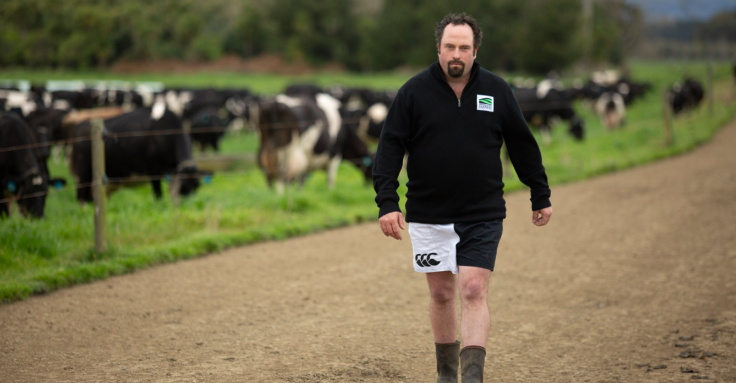A Federated Farmers survey shows rising rates of rural crime and underlines a strong case for more police resources in rural areas, Feds national board member Richard McIntrye says.
Of more than 1000 farmers who responded to the 2023 Federated Farmers Rural Crime Survey, 67 per cent said they had experienced an incident in the past two years. That’s a 14 per cent increase from the 2021 survey, and a 26 per cent rise from the first survey in 2016.
While this year’s tally was boosted by the inclusion of a question on illegal street racing, Mr McIntyre said that accounted for only a small part of the increase.
He also noted a marked overlap with the burnouts and dangerous driving of ‘boy racers’ and instances of property damage and theft.
The number of surveyed farmers reporting a single incident of crime (or a suspected incident in the case of hard to trace crimes such as theft of livestock) fell from 28 per cent in 2021 to 19 per cent this year. But those who experienced two or more incidents in the past two years increased from 71 per cent to 81 per cent.
“Alarmingly, the number of farmers who told us they’ve been hit by five or more criminal incidents has nearly doubled to 33 per cent,” Mr McIntyre said.
The most common incident in the 2023 survey is illegal street racing, reported by nearly two-thirds of respondents. Illegal hunting or poaching is next highest at 47 per cent, and property theft at 35 per cent.

The new government has pledged that no fewer than 500 more frontline cops will be trained over the next two years.
As well as his pitch for a fair share of police resources to come to the provinces, Mr McIntyre has a message to farmers: “Report all crime”.
“That’s how we can put in front of government an accurate picture of the level of offending rural communities are bearing the brunt of.”
The 2023 survey showed, of those who experienced or suspected a crime, nearly half hadn’t reported the incidents to police, which is higher than in the 2021 survey. Mr McIntyre said while there wasn’t enough data to confirm a trend yet, it seems likely that farming families and businesses suffering multiple incidences of crime were less likely to call police each time due to isolation and other factors.
“When we don’t report rural crime, it lets the government off the hook in terms of sufficiently resourcing rural police.”
Police had said time and again that reports of stolen property, suspicious activity and vehicles help them build a picture of where and when offenders were active, increasing the chances of an arrest, he said.




